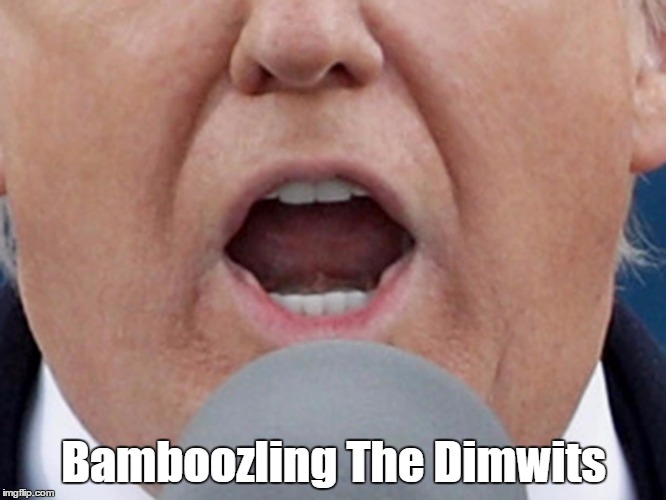
"NYT's David Leonhardt Asks Mattis, McMaster And Tillerson To Become Whistleblowers"
https://paxonbothhouses.
Why have so many people in the Trump administration kept so mum about the president’s bad behavior and obvious wrongdoing? Why do they protect a leader who doesn’t deserve that consideration and is himself so disloyal to people around him?
|
It’s one of the central mysteries of Donald Trump’s presidency, and it’s a question that’s front and center in the inquiry into the July 25 phone call with the president of Ukraine. The more we learn about that call, during which Trump pressured Ukraine to dig up dirt on Joe Biden, the more we find out that many people in and around the White House knew about it, were rightly alarmed by it and moved to prevent the details of it from leaking out into the world.
|
Knowing that Trump had abused his office, they had a choice: Get that information to lawmakers and the public, which they could try to do anonymously, or cloak his misdeeds. Most of them obviously cloaked, because it wasn’t until late September that the fateful conversation came to light.
|
Some of these people were or are close allies of Trump’s, at least to the extent that a man of such shifting moods and allegiances can have close allies. Some of them weren’t or aren’t. Either way, they shouldn’t feel more beholden to him than to the country, not if their morals are properly aligned.
|
So why the silence, from close Trump associates and mere Trump observers alike? I have asked people who understand the culture of this White House much better than I do. I have tossed the question around in my own head. I have read and read and read.
|
The reasons are many and often intertwined. Some of what’s going on is pure partisanship: No matter how odd or unattractive a fit Trump is for the Republican Party, he’s its leader, and so Republicans circle the wagons. They do so instinctively. They do so out of self-interest, because their political fortunes are tied to his. When it comes to some unelected officials, they’d be out of jobs if they confronted Trump or if he fell.
|
Some of what’s going on is a product of the siege mentality that Trump has assiduously tilled in everyone around him. It’s his contention — partly true — that his enemies are poised to get him any way they can and that he and those around him must act accordingly, no matter the actual circumstances: Don’t look at the substance and legitimacy of their charges against him. Their motives are suspect, their methods are ruthless and that’s all you need to know. Fight them first and ask questions later — if ever.
|
Some of what’s going on reflects the majesty of his office and people’s deference to authority. It’s hard to say no to the president. It’s scary to countermand him. And given the tens of millions of people who voted for him, the awesome responsibilities he shoulders and the fierce political headwinds that anyone at the Resolute Desk faces, isn’t he entitled to a little wiggle room and leeway? Isn’t he bound to screw up from time to time? That’s how some of the people around him in government rationalize their indulgence of him.
|
But among the higher-ranking officials — Secretary of State Mike Pompeo, for prime example — there’s an additional dynamic at work, and I explored it in my column last weekend, which you can read here. Trump was and is their ticket to the most relevance, the most celebrity and the most power they’ll ever know. He’s perhaps their only chance at center stage. As I wrote in the column, “Better to be a wretched part of history than no part at all.” It’s not unlike the calculation that Faust made. He didn’t feel so peachy about it in the end.
|
If you’re enjoying what you’re reading, please consider recommending it to friends. They can sign up here.
|
No comments:
Post a Comment